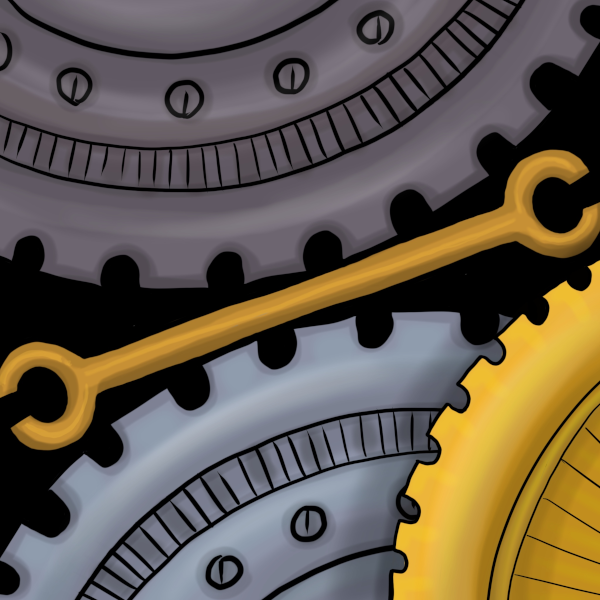

The difference is that, unlike craigslist, OnlyFans takes a massive 20% cut of all revenue. For comparison, Patreon takes a little more than 5%. Purely from a labor perspective, that’s outrageous, so I do think that it’s fair to demand that they at least do more to justify it, which ought to include protecting the people that actually do the work.
There’s also what’s to me the bigger problem: OnlyFans obviously didn’t invent online sex work, but it did radically reshape it. They are responsible for mainstreaming this patreon-style, girl-next-door porn actress that people expect to interact with on a parasocial level. Those are features that OnlyFans purposefully put in to maximize their own profit, but they seem particularly ripe for the kind of nauseating small-scale abuse that the article discusses in depth. Suddenly, if an abusive partner wants to trap and control someone, there’s a mainstream, streamlined path to making that profitable. Again, OnlyFans didn’t create that, in the same way that Uber didn’t create paying some random person with a car for a ride to the airport, but they did reshape it, systematize it, mainstream it, and profit handsomely off it. Craigslist was just a place to put classifieds, but OnlyFans is a platform that governs every detail of these relationships between creators and fans, down to the font of their DMs. If the way that they’ve built the platform makes this kind of abuse easier, that’s a huge problem.
I agree with you that this article doesn’t do a good job articulating any of this, though.








I agree that it’s like Apple and Google (I don’t know much about Steam) in that those are obvious price-gouging monopolists.